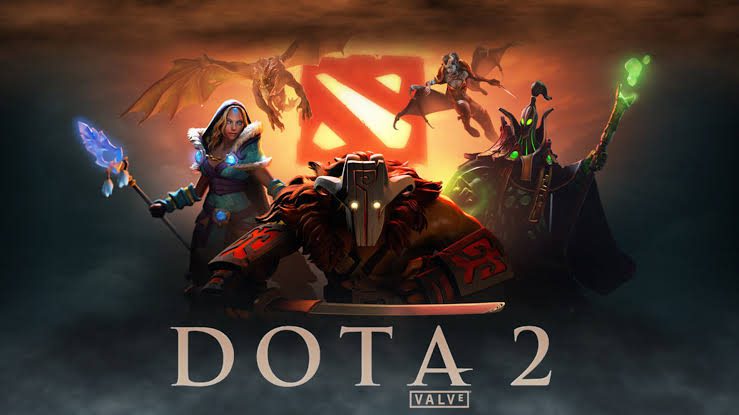In recent years, the world of gaming has evolved far beyond a mere recreational activity. It has burgeoned into a colossal industry intertwining with various facets of commerce and community engagement. A stark representation of this fusion is observed in the realms of Dota 2 and Murder Mystery 2 (MM2), two distinct games that have fostered vibrant communities and economic ecosystems around them. Through platforms like Dota 2’s Liquipedia and MM2’s Values List, we see a brilliant confluence of gaming culture and commerce, spawning a new avenue for gamers and enthusiasts to interact, trade, and thrive.
Dota 2, a competitive multiplayer online battle arena (MOBA) game, has grown exponentially since its inception, amassing a dedicated player base. The game’s intricate mechanics and team-based gameplay have spurred a professional competitive scene that is meticulously documented on platforms like Liquipedia. Liquipedia serves as a comprehensive encyclopedia dedicated to Dota 2, encompassing a plethora of information ranging from team rosters, player statistics, tournament details, and much more. This platform not only serves as a robust information hub but also as a bridge between the game and its burgeoning community.
On the other side of the gaming spectrum lies Murder Mystery 2, a popular Roblox game where players assume various roles to deduce who the murderer is amongst them. Unlike the competitive essence of Dota 2, MM2 thrives on casual gameplay mingled with a fervent trading community. The MM2 Values List is a cornerstone of this trading community, providing a standardized value system for the in-game items which players can trade. This list facilitates a fair and transparent trading ecosystem, enabling players to engage in commerce with a semblance of assurance and parity.
The commercial aspects in these gaming environments extend beyond mere in-game transactions. They reflect a microcosm of broader economic systems, encapsulating elements of supply and demand, valuation, and negotiation. For instance, rare items in MM2 often fetch a higher value in the trading community, a clear indication of the classic economic principle of scarcity driving up value. Similarly, the popularity and performance of Dota 2 teams and players can significantly impact the merchandise sales and sponsorship deals, reflecting a real-world market scenario.
Furthermore, these platforms exemplify the importance of community-driven economies within gaming. Liquipedia and the MM2 Values List are quintessential examples of how community collaboration can foster a thriving economic ecosystem. They serve as essential resources for players, traders, and enthusiasts, offering a structured platform for commerce and information exchange. Moreover, they also provide a sense of belonging and engagement, fostering a stronger community bond.
The interplay between games like Dota 2 and MM2 with commerce-centric platforms elucidates a dynamic evolution within the gaming industry. It’s fascinating to observe how games have transcended the digital boundary, embedding themselves within real-world economic and social frameworks. Platforms like Liquipedia and MM2 Values List are testaments to the symbiotic relationship between gaming, commerce, and community engagement.
Moreover, the rise of such platforms also hints at the potential for future collaborations between gaming communities and commercial entities. The structured trading and information systems could pave the way for more formalized partnerships, potentially leading to a new era of gaming-centric commerce that benefits both the gaming communities and the broader economic landscape.
In conclusion, the intertwining of gaming with commerce and community through platforms like Dota 2’s Liquipedia and MM2’s Values List offers a captivating glimpse into the future of the gaming industry. As games continue to evolve into sprawling social and economic platforms, the boundaries between the virtual and real worlds are becoming increasingly blurred, heralding a new epoch of integrated gaming experiences enriched with community engagement and commercial opportunities.





























